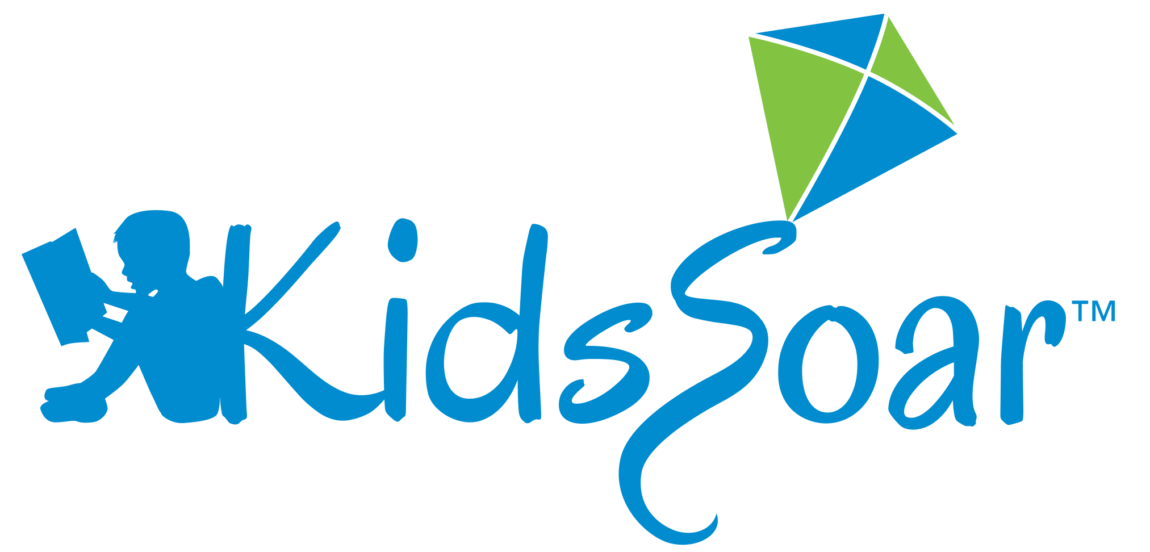Our mission is to break the cycle of poverty through education and service.
Approximately 48 million adults in the United States cannot read above a third-grade level. 29% of adult basic literacy students enter a program reading at or below a third-grade level. Many Americans who learned to read as adults share a common sentiment: “I was too embarrassed to admit that I didn’t know how.” Society often unconsciously stigmatizes those who can’t read, viewing them with less dignity, whether intentionally or not. This stigma exacerbates the issue, as illiterate adults often feel too ashamed to admit their struggle, leading them to avoid learning. As a result, they develop adaptive strategies. Instead of reading, they rely on pictures when ordering food or shopping. They recognize the shapes of certain words on road signs through daily exposure. This creates a survival mechanism they accept, and over time, their desire to learn to read diminishes.
Kids Soar is a faith-based organization whose focus is on empowering children and families in the Roanoke Valley to end the cycle of poverty in their families through literacy education. By working with children as they learn to read and supporting their reading journey, Kids Soar aims to ensure that no child grows up to face the challenge of illiteracy.
“Children whose parents have low literacy levels have a 72% chance of being at the lowest reading levels themselves. These children are more likely to get poor grades, display behavioral problems, have high absentee rates, repeat school years, or drop out.” – Proliteracy
One of the foundational keys to a child’s successful future is the ability to read. If a child can read well by 3rd grade, their likelihood of graduating high school and securing a higher-paying job or attending college increases significantly. At Kids Soar, we believe that every child should be able to read.
Empowering Minds
Success Stories
At Kids Soar, we’ve been fortunate enough to witness countless success stories of children and families who have overcome the challenges of illiteracy.

